The Power of Our Stories
You are powerful. We are powerful. Most of all, together our collective voice screams our power and our courage. Where does this kind of powerful energy come from? And, where does it live and manifest itself? I get to see it manifest in the stories of our students from children to grown ups. Who we are and who we are in a process of becoming is just as important as Maslow’s hierarchy of needs.
By telling our stories we create powerful connections. How do you show and share yourstory? How is your voice heard? Where does your voice resonate the loudest? The softest? Seriously think and reflect on this. Is it through poetry? Spoken word? Is it in art? Is it found in a conversation? We recognize through our stories and our lives just how connected we are and that we are all in a process of becoming. None of us really know anything and when we think wedo, change occurs and to grow we must grow and go with the change. This is how we grow and evolve. This is how we become. This is how we create our real and authentic identities. Tupac Shakur said, “I am coming out 100% real and I’m not compromising anything.”
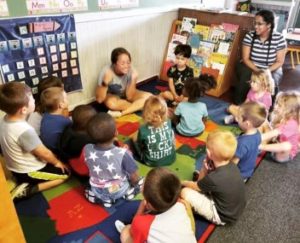
We are found in a single sentence. We are found in a line drawn and extended magnified or minimized like an MC Escher sketch. “Every line means something,” said Basquait. If every line means something in a drawing, then that also means every curve, every freckle each and every part of us means something too. Every “line” in this life means
something. Each action or inaction affects all of us even when we don’t think it does, it does.
What’s your story? Who are you? Why are you here? How do you want to make your vision a reality and your voice resonate and connect? What are you doing right now to make your vision come to fruition? Where are you? When will you share your story — your voice?
We’re all waiting for you to become you and even when you become you, you will still change and grow. You will get growing pains and experience hurts. What will you do with it all? You will change. You will evolve. We are all in a never-ending process of becoming. Over and over and over again.
Leveling up or leveling down and around like a run on sentence or drawn out lines. We never come to a complete end and when we think we have reached the end we are reminded again and again that we are only just beginning.
A note from Jill Telford:
I love a good story. During my breaks from teaching I travel around the country and I make up stories from my brain. I do this free of charge because I love a good story. When I arrive at the schools ranging from PreK-3rd grade without any books, children stare in disbelief because they are thinking “story time” will be with “books”. I mean right, shouldn’t it be? Duh. But no, I look at them and say, “You won’t believe this, I came all the way here and I forgot my books. But I started thinking about where books come from?”
Then we talk about our theories of where books come from and answers range widely from an amazon box left on their front porch to a library. We narrow our theories and thinking all the way down to a computer and even further to paper. I ask, “Where do books come from before the paper?” Everyone stares. I point to my brain aka my nugget and mention “our brain”. I tell them I have a backup plan and I’m actually going to make up stories from my brain.
I make up several freestyle ones and some memorized. After, children are invited to make up their very own and/or illustrate my stories (or their own).
I am driven with this crazy idea that I want children to think and to create. I want our children to be inspired and see themselves as authors and illustrators. I also want them to see themselves represented in the story lines. I want them to draw their characters too. Most often it represents who they are and what they care about.
When children care about the story, the rest handles itself.
Jill Telford is an artist, advocate, storyteller, educator and creator of children’s books.
@jill.telford www.fromtheplayground.com

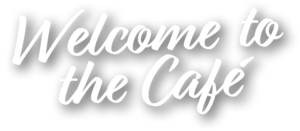
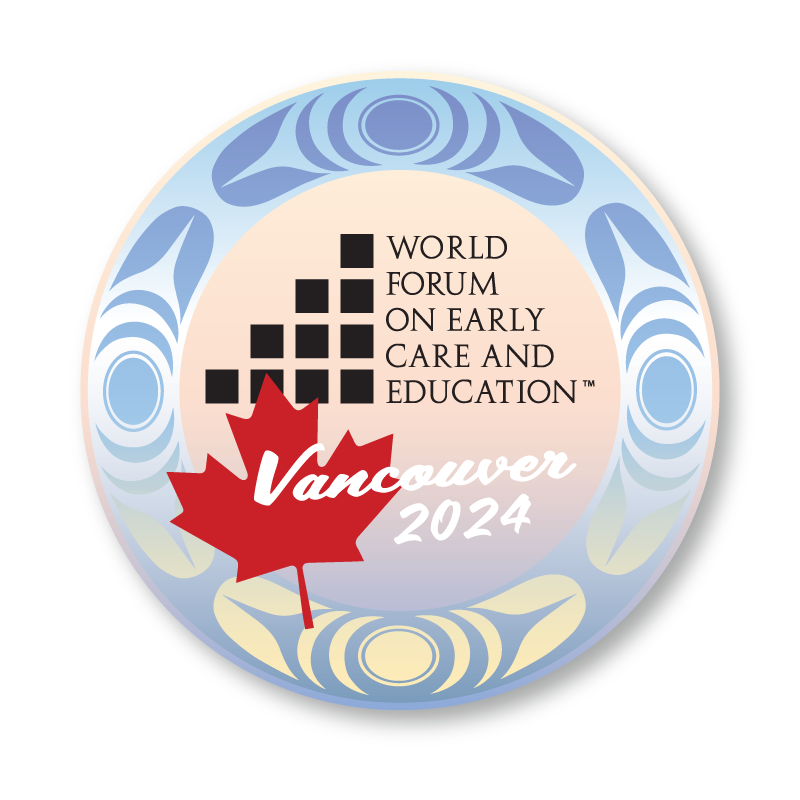

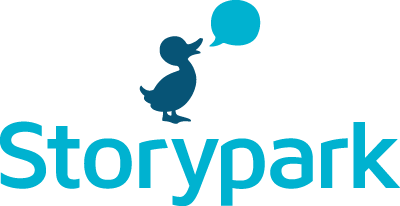
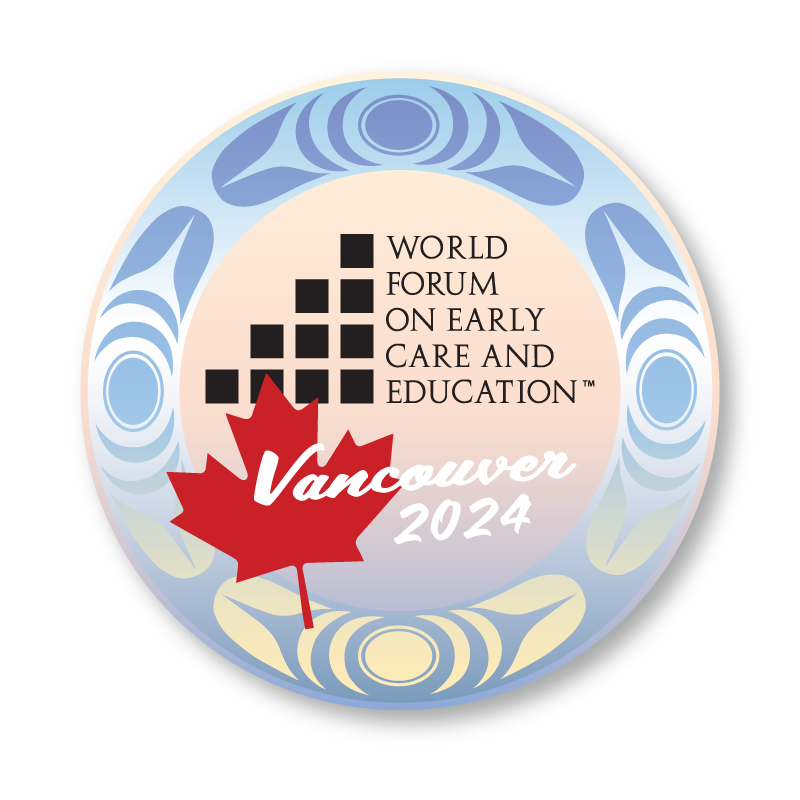
I must begin to tell children stories yet again!
Yes by telling stories we make connections, make relationship.
Tell a story to group of 10 children and don’t tell the end. Ask them to make their own climaxes, you will get 10 rich versions of a same plot